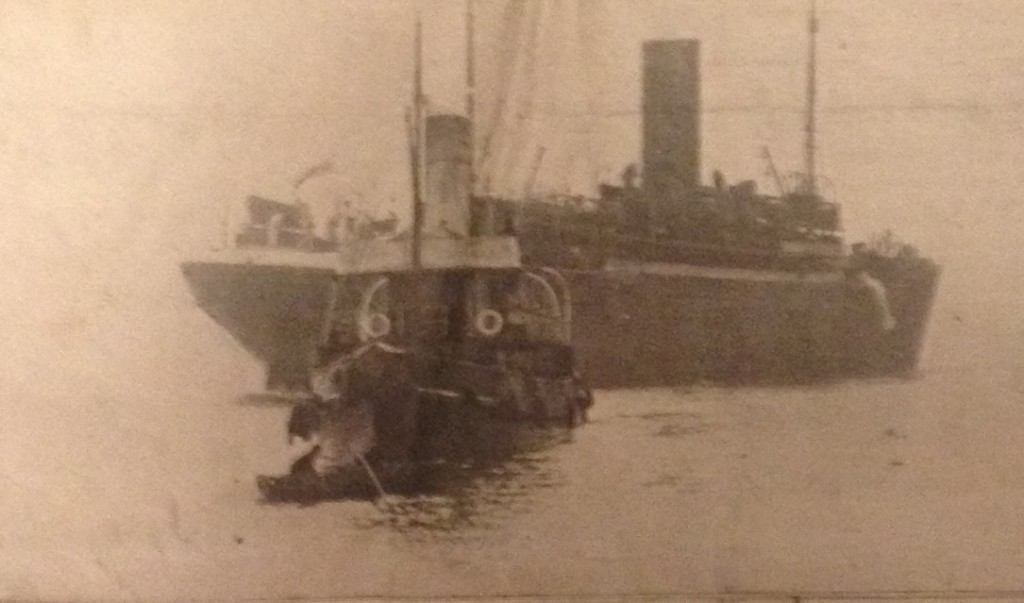During my research about the British involvement in the Russian Civil War, I discovered several unsolved cases of Soviet officials who were mysteriously killed in what appeared to be arranged accidents.
One such example was the case of Solomon Mogilevsky. He met Lenin in Switzerland and joined the Bolshevik cause before becoming involved in the 1917 October Revolution. After he became a senior member of the Secret Police (Tcheka), he interrogated Francis McCullagh over Easter 1919 and then became head of the Soviet foreign intelligence service from 1921 to 1922. His next posting was Head of the Caucasian secret police when he was awarded the Order of the Red Banner for his role in suppressing an uprising in Georgia.
Mogilevsky died in an unsolved air crash near Tiflis in 1925. The cause of the crash was never determined despite three commissions and no-one alive knows whether it was arranged on behalf of Stalin, or for some other reason. At this stage, the crash appears to be strikingly similar to the air crash this week that killed Yevgeny Prigozhin after he fell out of favour with the Russian President Vladimir Putin.
I am not sure whether this is history repeating itself, or merely rhyming (as Mark Twain would have it), but you can read about the Tcheka’s terrifying techniques and Mogilevsky’s interrogation of Francis McCullagh in Part 2 of Churchill’s Abandoned Prisoners.

Francis McCullagh in Russia




